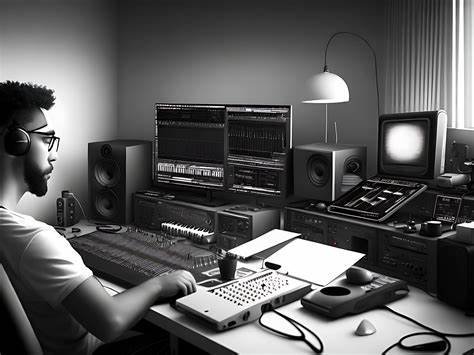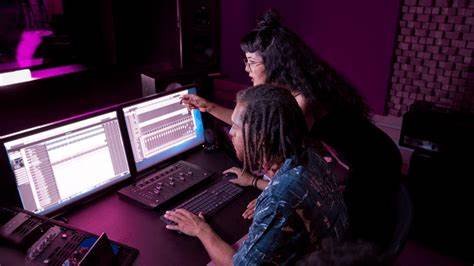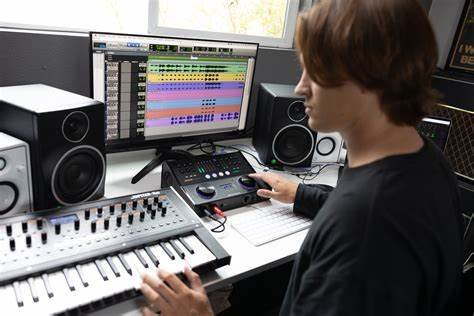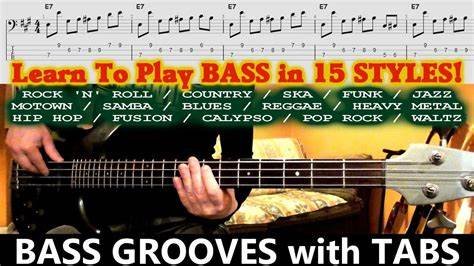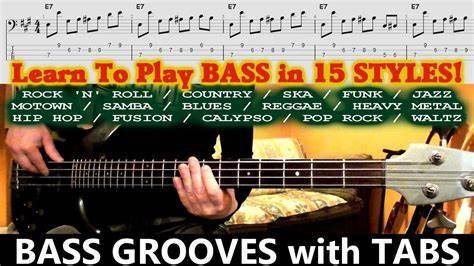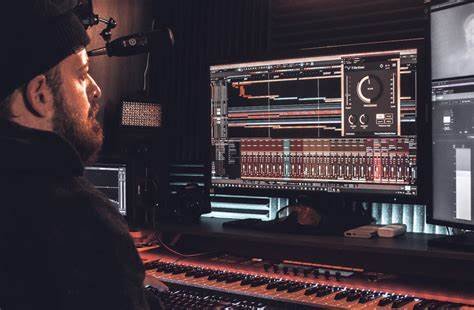
The Role of a Music Producer in the Recording Process
The recording process is where an artist’s vision begins to take shape, transforming raw ideas into a polished track. While the artist and musicians provide the creative energy, the music producer is the guiding force behind the scenes. A producer is responsible for ensuring that every element of the song—from the arrangement to the recording—is…



